Your car is a big investment, and keeping it running smoothly for years to come means treating it right. But many drivers unknowingly do things that wear their vehicles down faster than necessary. Want to save money on repairs and keep your car in tip-top shape? Stop doing these things that can shorten your car’s lifespan…
Ignoring Regular Oil Changes
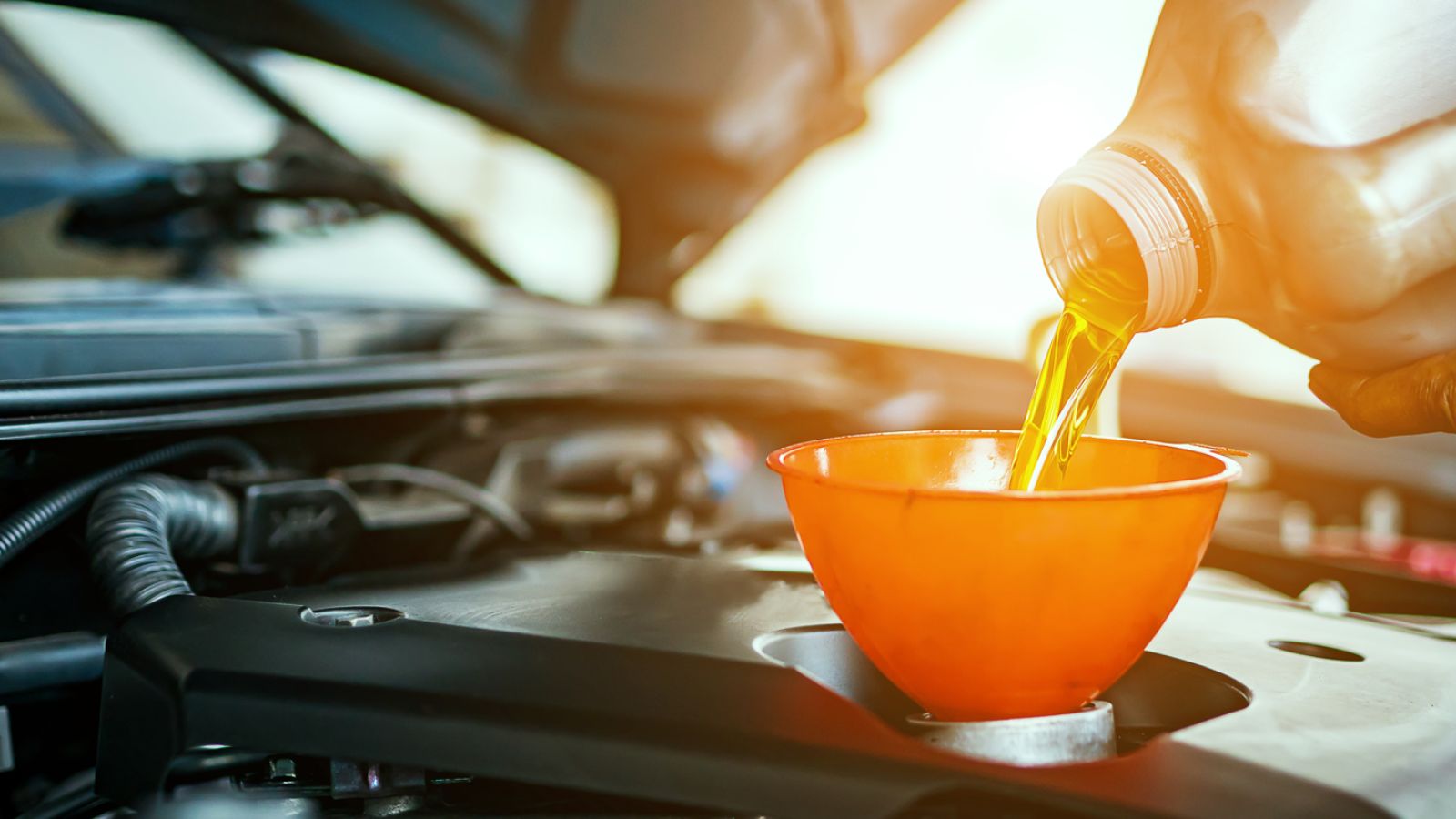
It’s easy to put this off, but skipping oil changes is like skipping brushing your teeth—it’s going to cause some serious problems down the line. Fresh oil keeps your engine running smoothly, while old, sludgy oil can damage it big time. Check your car’s manual for how often to change it and set a reminder. Trust me, your wallet will thank you later.
Driving on Worn-Out Tires
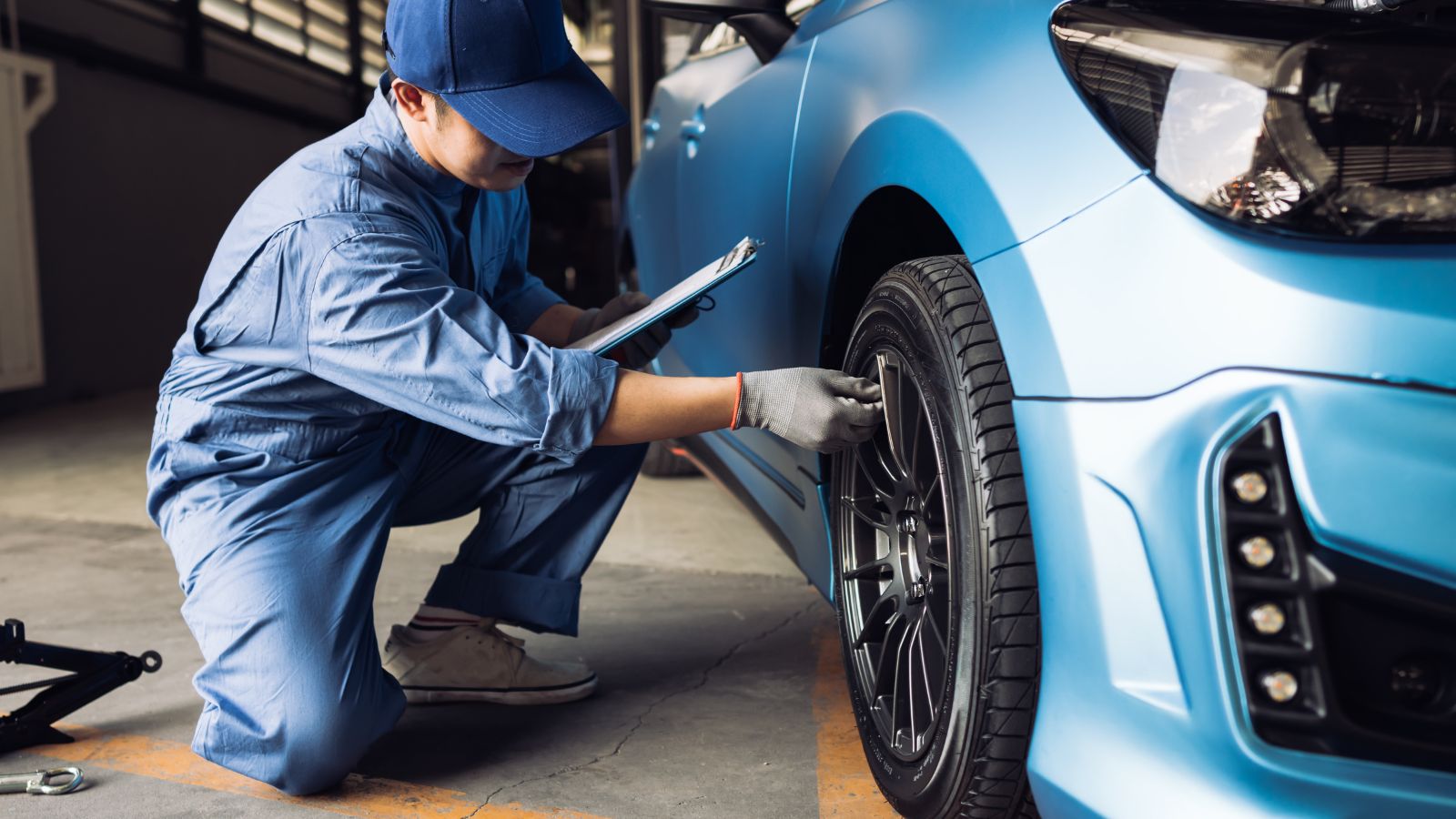
Bald or underinflated tires don’t just hurt your gas mileage, they also put extra strain on your suspension and steering components. If you’re driving on tires that have seen better days, you’re putting your car (and your safety) at risk. Replace them when the tread gets low, and check tire pressures regularly.
Ignoring Dashboard Warning Lights
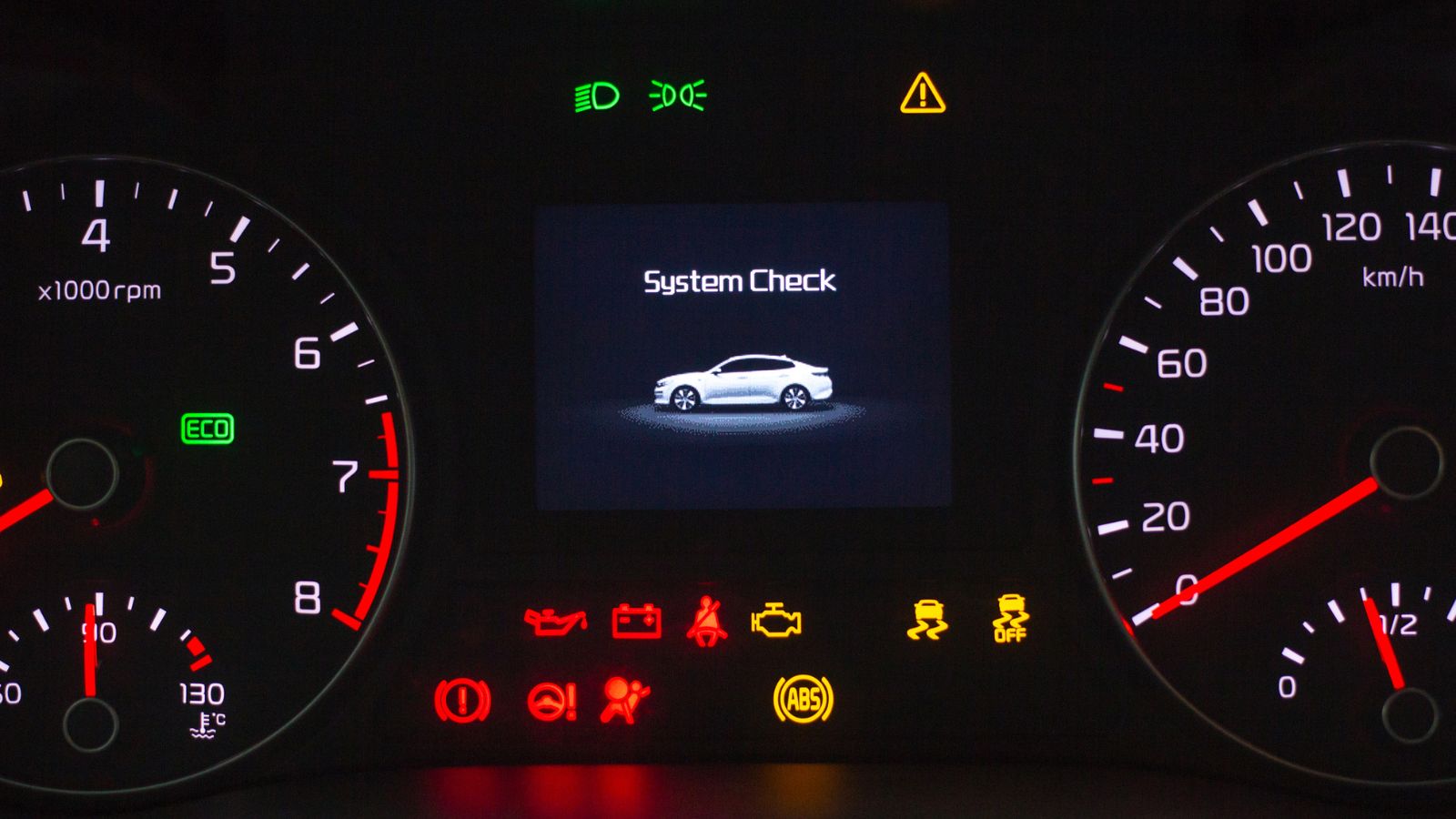
Let’s be real—how many times have you seen a warning light and thought, “Eh, it’ll go away”? Spoiler: it won’t. Those lights are your car screaming for help. Ignoring them turns minor problems into major (and expensive) disasters. Don’t wait—get them checked out ASAP.
Overloading Your Vehicle

Your car is designed to carry a certain amount of weight, and overloading it can wear out the suspension, brakes, and tires faster. Whether it’s luggage, gear, or too many passengers, carrying more than your car can handle takes a toll. Check your owner’s manual to know your car’s limits.
Riding the Brakes
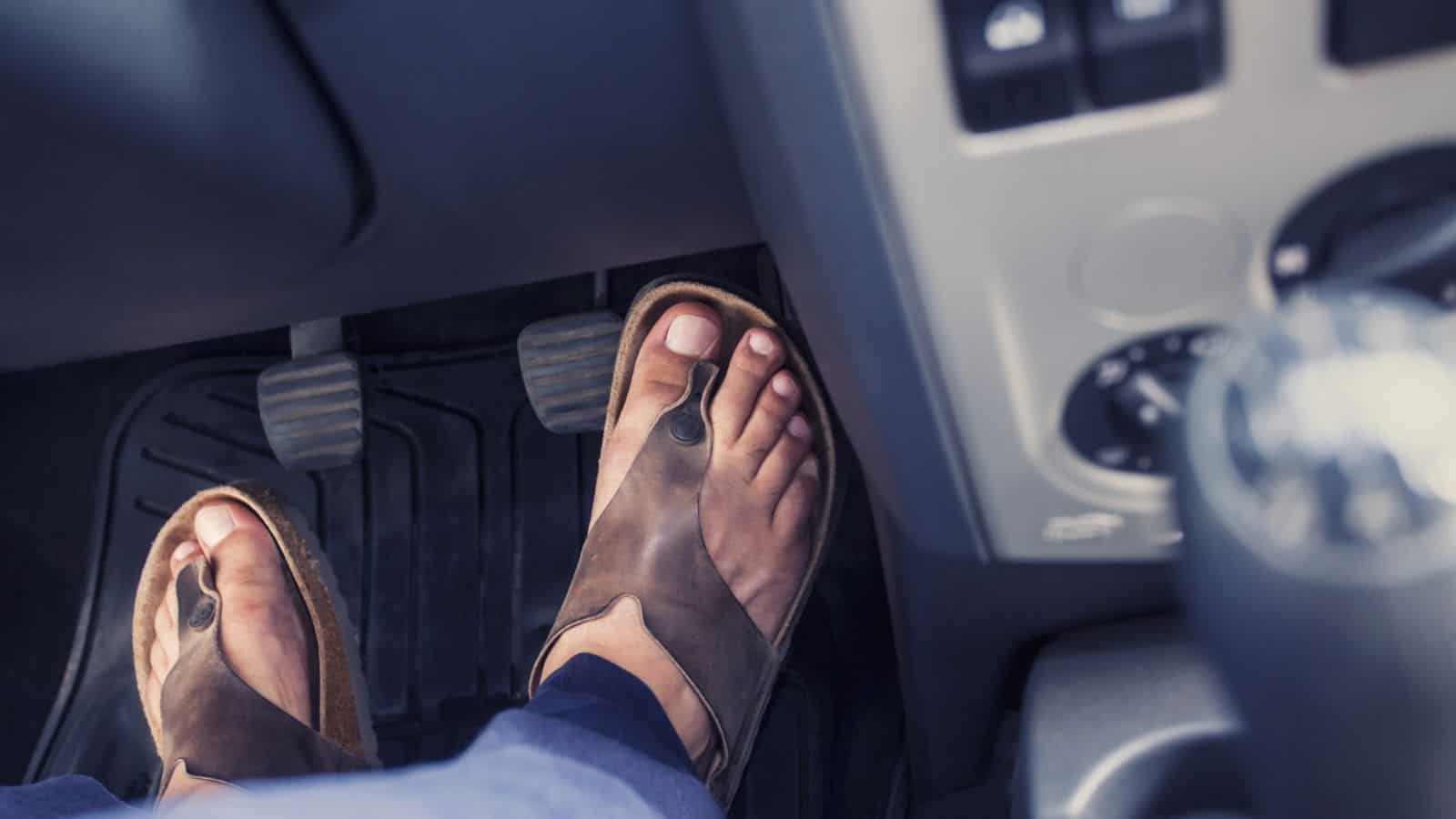
Do you rest your foot on the brake pedal while driving? Stop. This habit overheats your brakes and wears them out faster. If you’re going downhill, use engine braking by downshifting instead. Your brakes will last longer, and you’ll feel like a pro driver.
Skipping Coolant Flushes
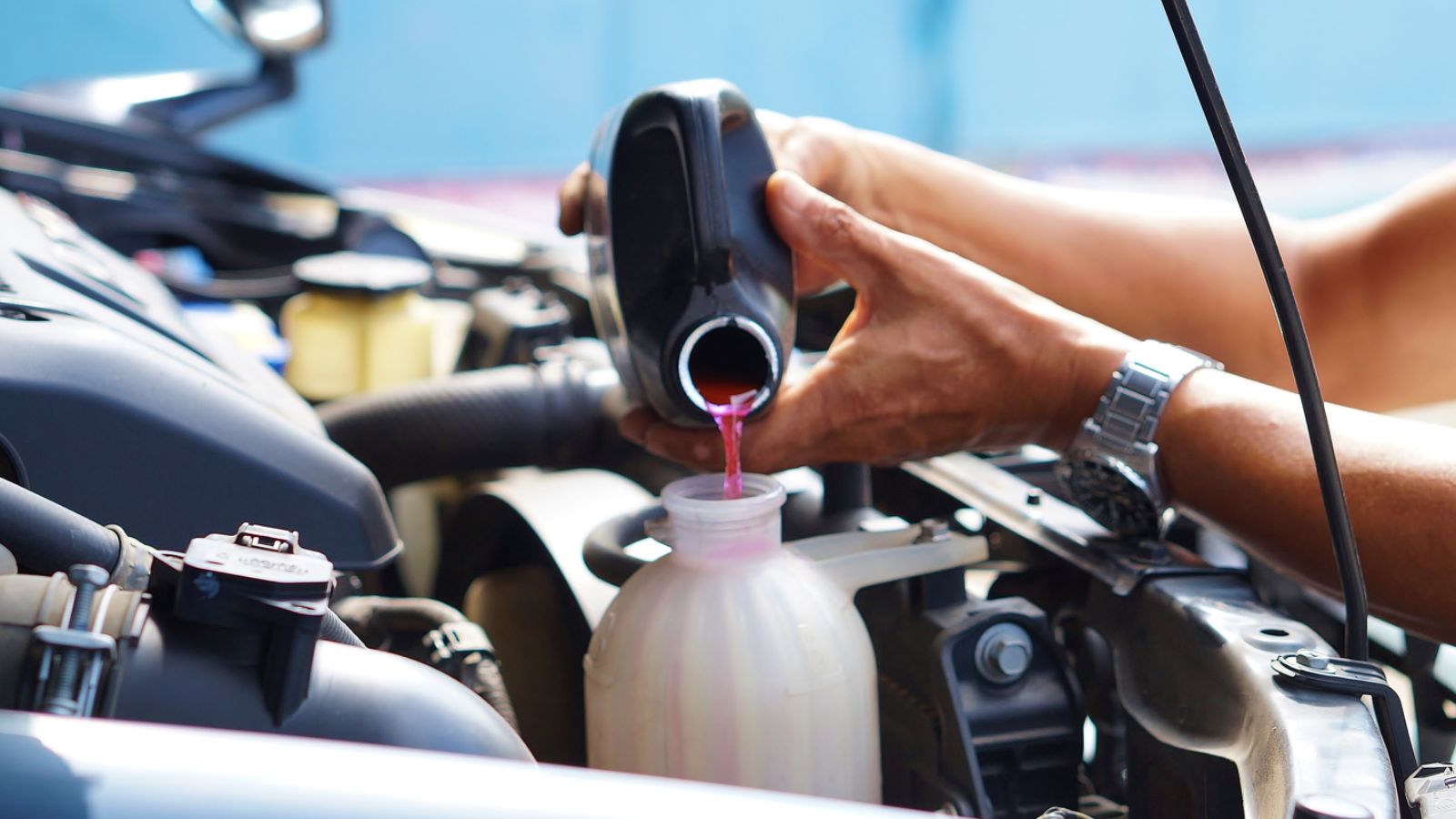
Coolant helps regulate your engine’s temperature, but over time it can break down and become less effective. Skipping a coolant flush can lead to overheating or corrosion in your cooling system. Make sure to have your coolant replaced at the intervals recommended by your car’s manufacturer.
Driving on Empty
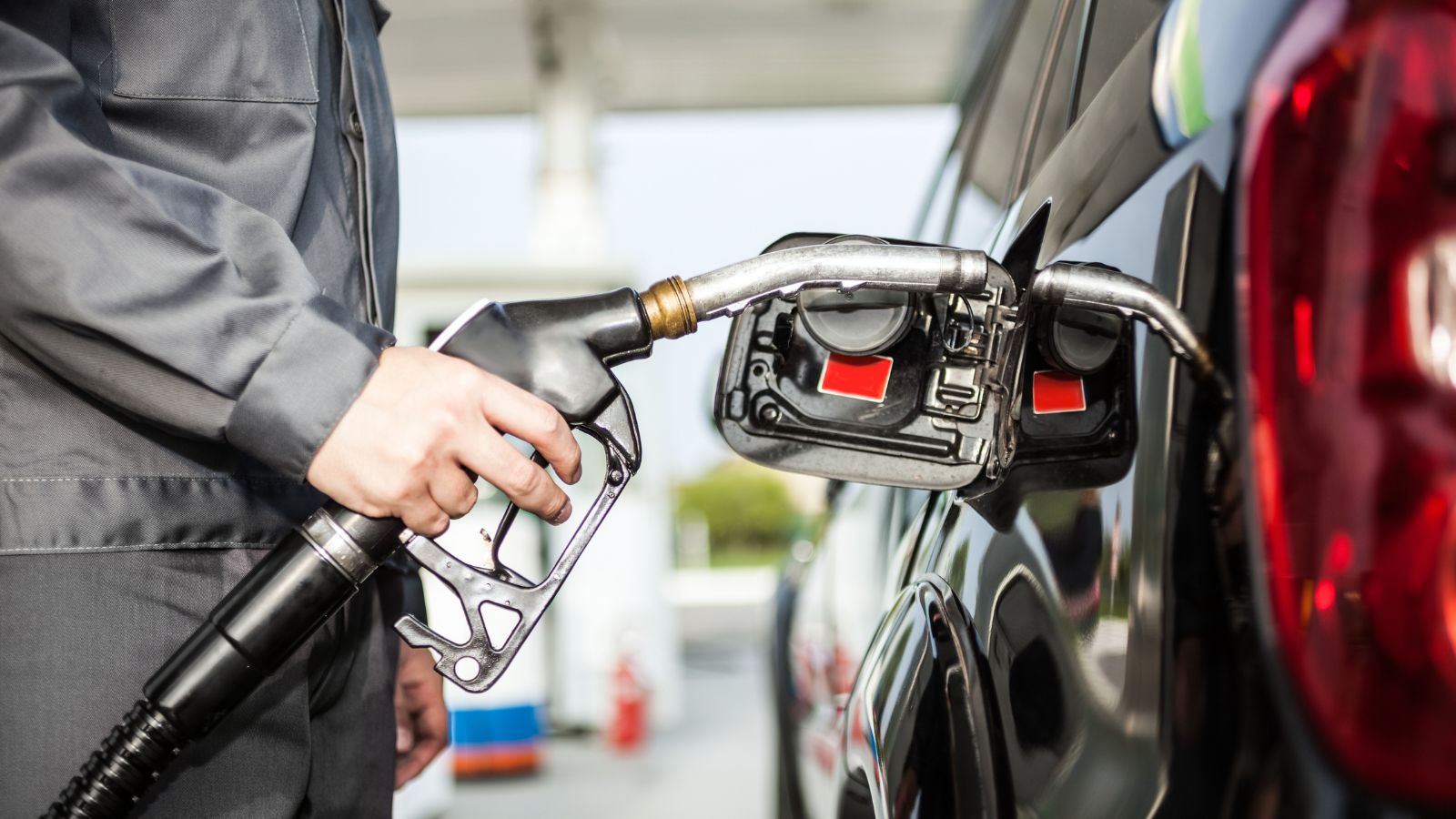
You might think you’re saving time by squeezing every last mile out of your gas tank, but running on fumes can wreck your fuel pump. When the tank’s low, the pump sucks up debris and can overheat. Fill up before you hit a quarter tank to keep everything running smoothly.
Dismissing Strange Noises
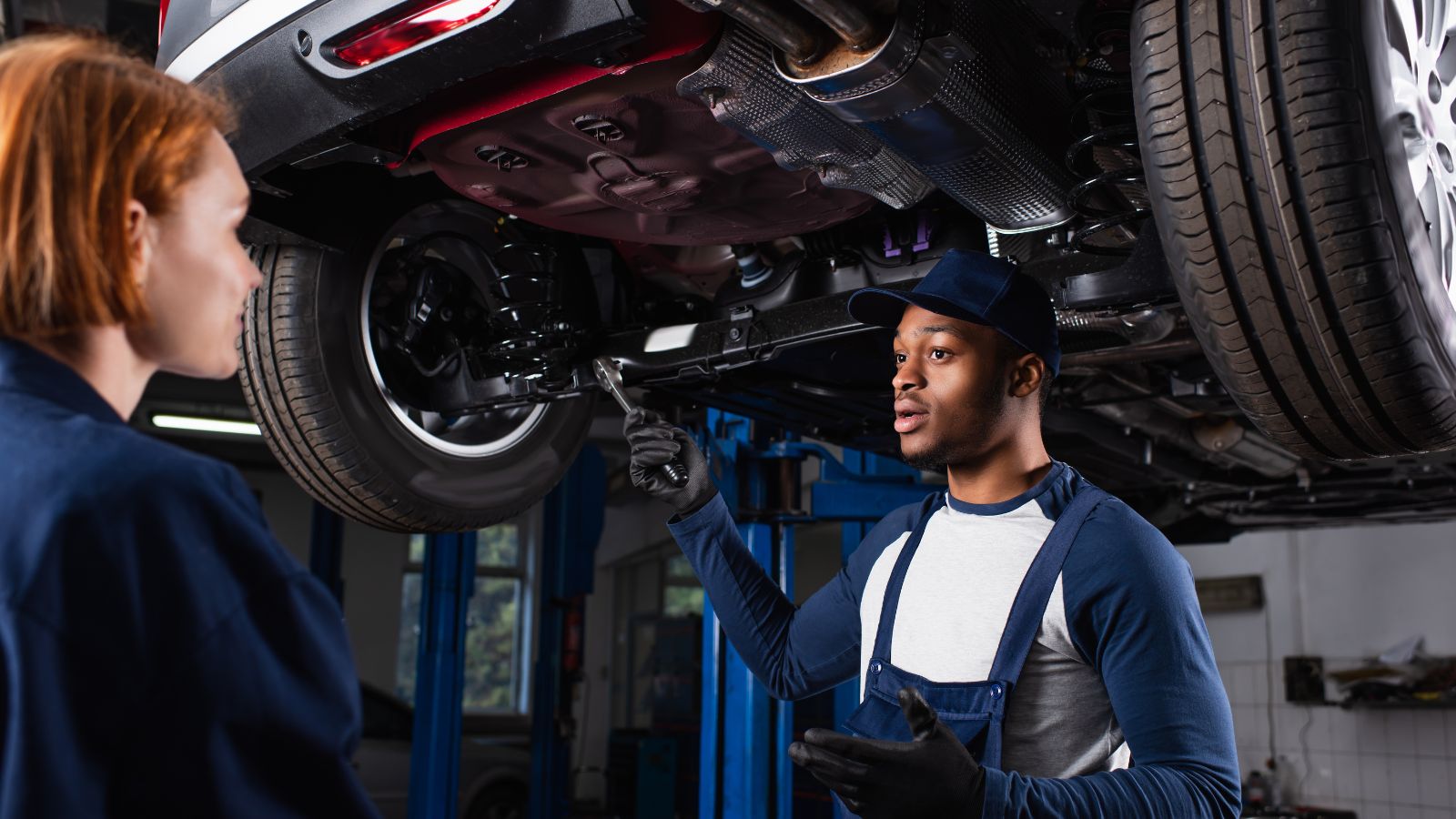
We’ve all done it—heard an odd noise coming from the car and thought, “It’s probably nothing.” Maybe you turned up the radio to drown it out or promised yourself you’d look into it later. Here’s the thing: those noises are your car’s version of a cry for help. A squeak could mean your brakes are wearing out, a rattle might signal something loose in your suspension, and a grinding noise might point to trouble with your transmission or wheel bearings.
Ignoring these sounds won’t make them go away—it’ll make them worse. What starts as a small repair could snowball into a costly fix or even a breakdown that leaves you stranded.
Revving a Cold Engine
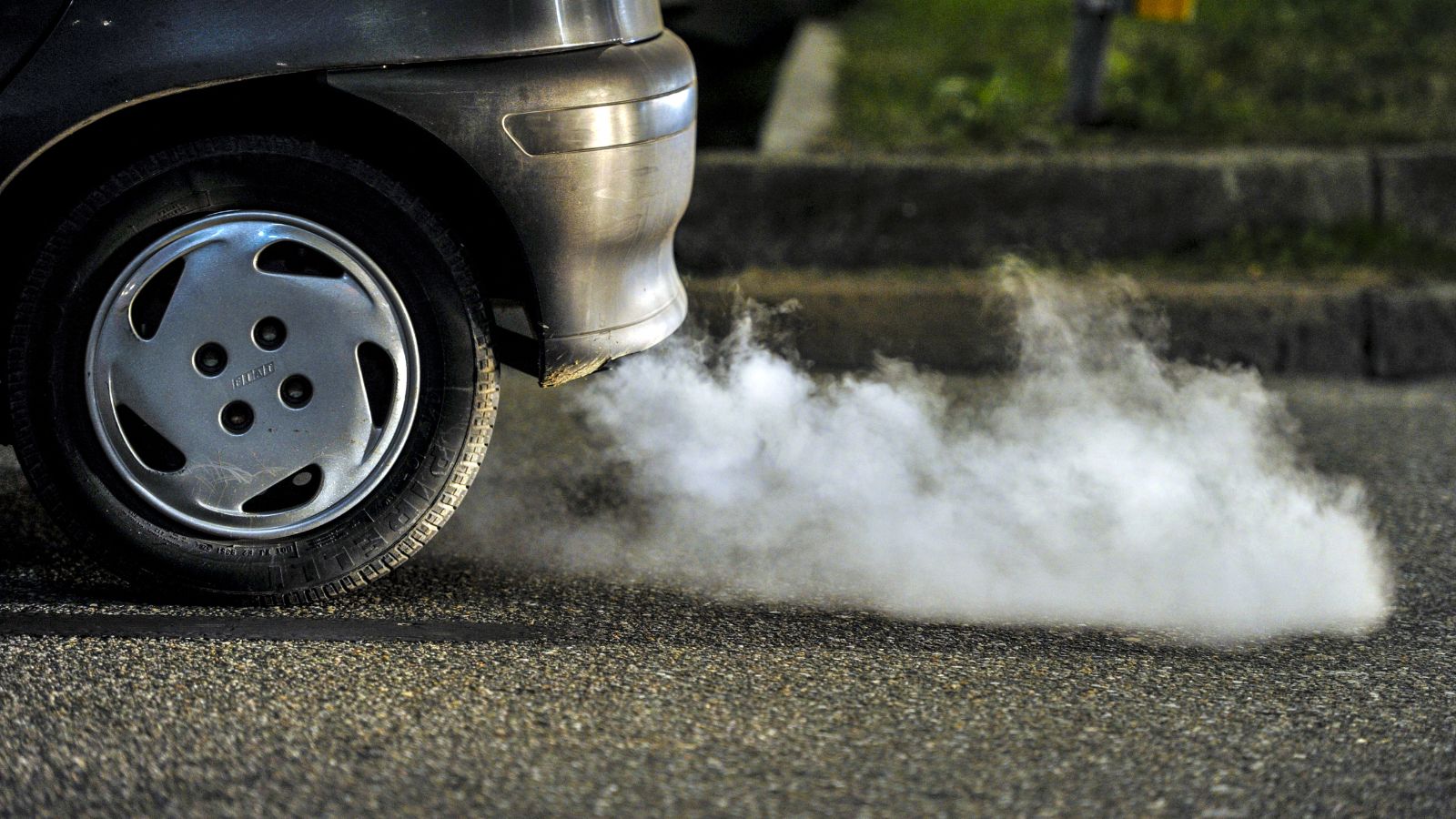
When an engine is cold, the oil inside is thicker and hasn’t yet circulated properly to lubricate all the moving parts. Revving the engine in this state causes excessive friction, leading to premature wear on critical components like pistons, bearings, and cylinders.
Over time, this habit can significantly shorten your engine’s life. The fix is simple: when you start your car on a cold day, let it idle for a minute or two to allow the oil to do its job. You don’t need to sit there forever—just give it enough time to warm up before you start driving.
Skipping Transmission Maintenance
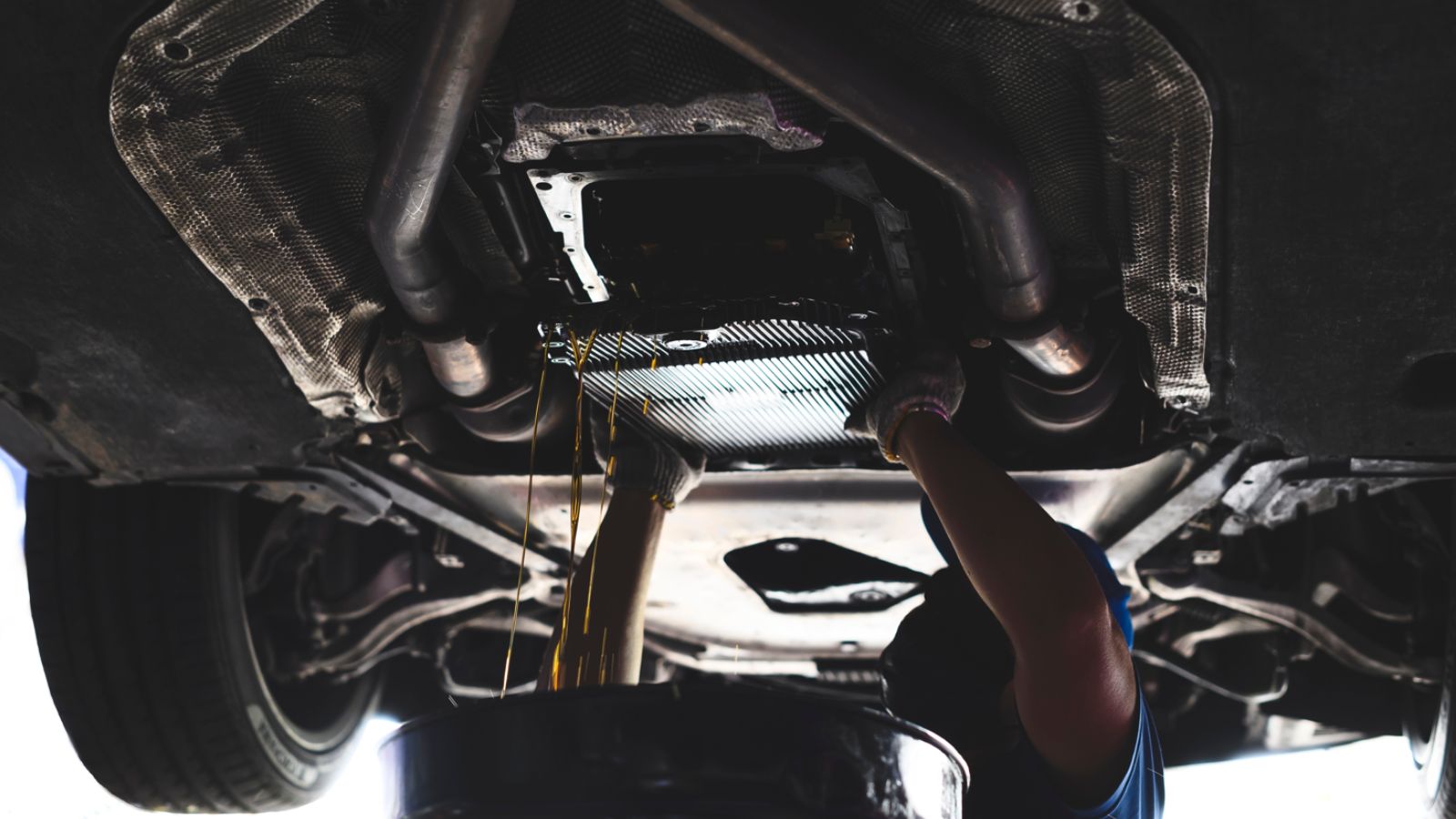
Transmission repairs are some of the most expensive you can face, and neglecting maintenance only makes things worse. Failing to change the transmission fluid at the recommended intervals can lead to slipping gears and other issues. Follow your car’s guidelines to keep your transmission running smoothly.
Driving Aggressively

We’ve all had moments of frustration behind the wheel—maybe you’ve hit the gas hard to merge into traffic, slammed the brakes to avoid a tailgater, or taken a corner a little too fast when you were running late. While aggressive driving might feel like a rush in the moment, it’s brutal on your car. Hard acceleration strains the engine and transmission, sudden braking wears out your pads and rotors, and sharp cornering puts unnecessary stress on your tires and suspension.
Over time, these habits can cause significant wear and tear, not to mention make your car less fuel-efficient. Smooth, steady driving is not only better for your car but also safer for you and everyone else on the road. So the next time you’re tempted to drive aggressively, remember: taking care of your car starts with how you handle it on the road.
Forgetting to Wash Your Car
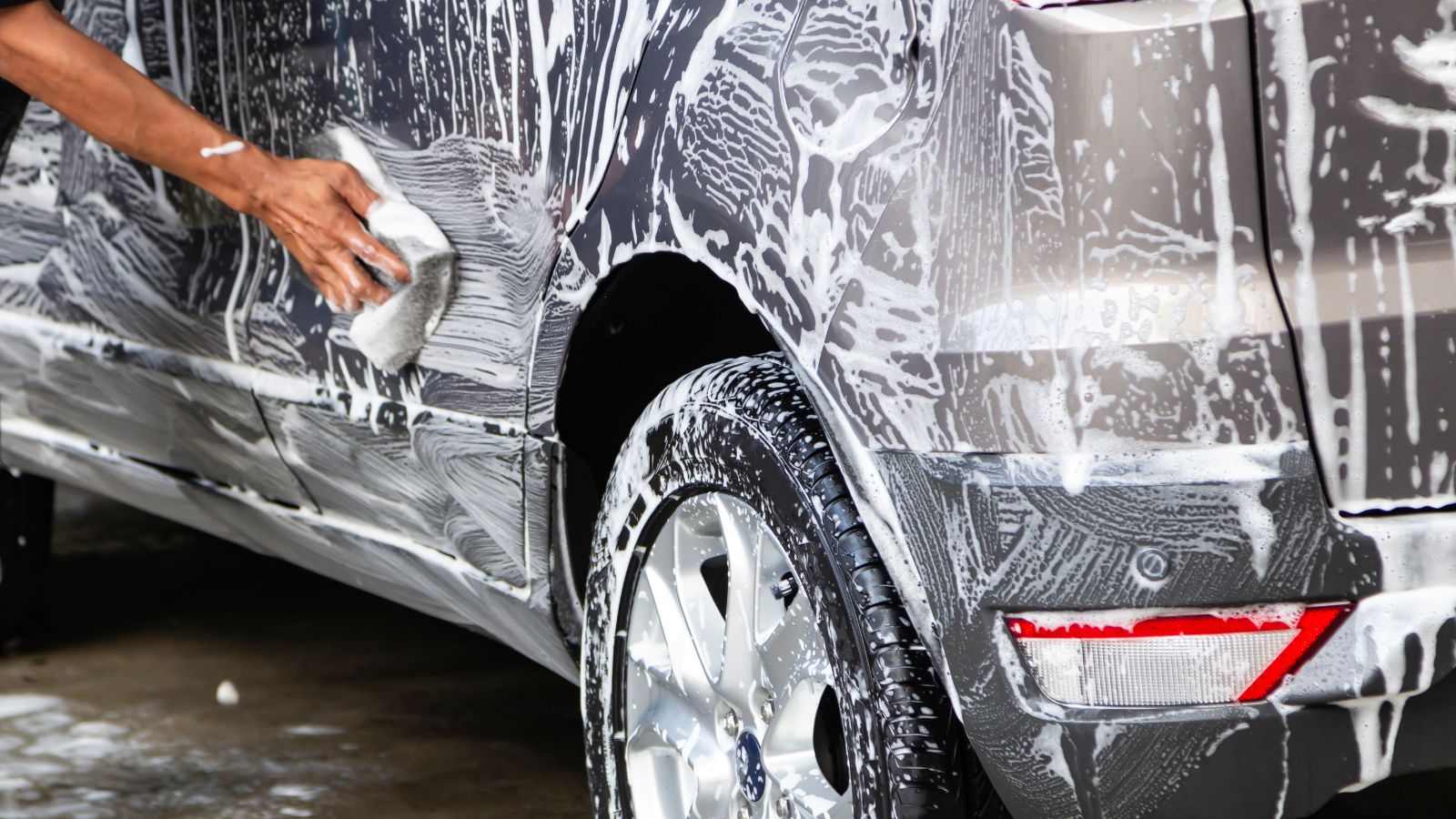
Skipping car washes might not seem like a big deal, but an accumulation of dirt, salt, and grime will corrode your car’s paint and undercarriage over time. Regular washing, especially in winter or after driving on salted roads, protects your car’s finish and prevents rust from taking hold.
Using the Wrong Fuel

Fuel isn’t just fuel—your car needs the right type to perform its best. If your vehicle’s manual specifies premium fuel, using regular might save you a few bucks at the pump, but it can harm your engine in the long run. Engines designed for higher-octane fuel rely on it to prevent knocking and maintain optimal performance. On the flip side, using higher-octane fuel in a car designed for regular won’t give you any extra power—it’s just a waste of money.
Then there are alternative fuels like E85 or biodiesel, which can be tempting for their environmental benefits or lower price, but they’re not suitable for every vehicle. Using the wrong fuel can lead to reduced performance, clogged injectors, or even engine damage. Always check your owner’s manual and stick to the recommended fuel for your car.
Overlooking Air Filter Replacements
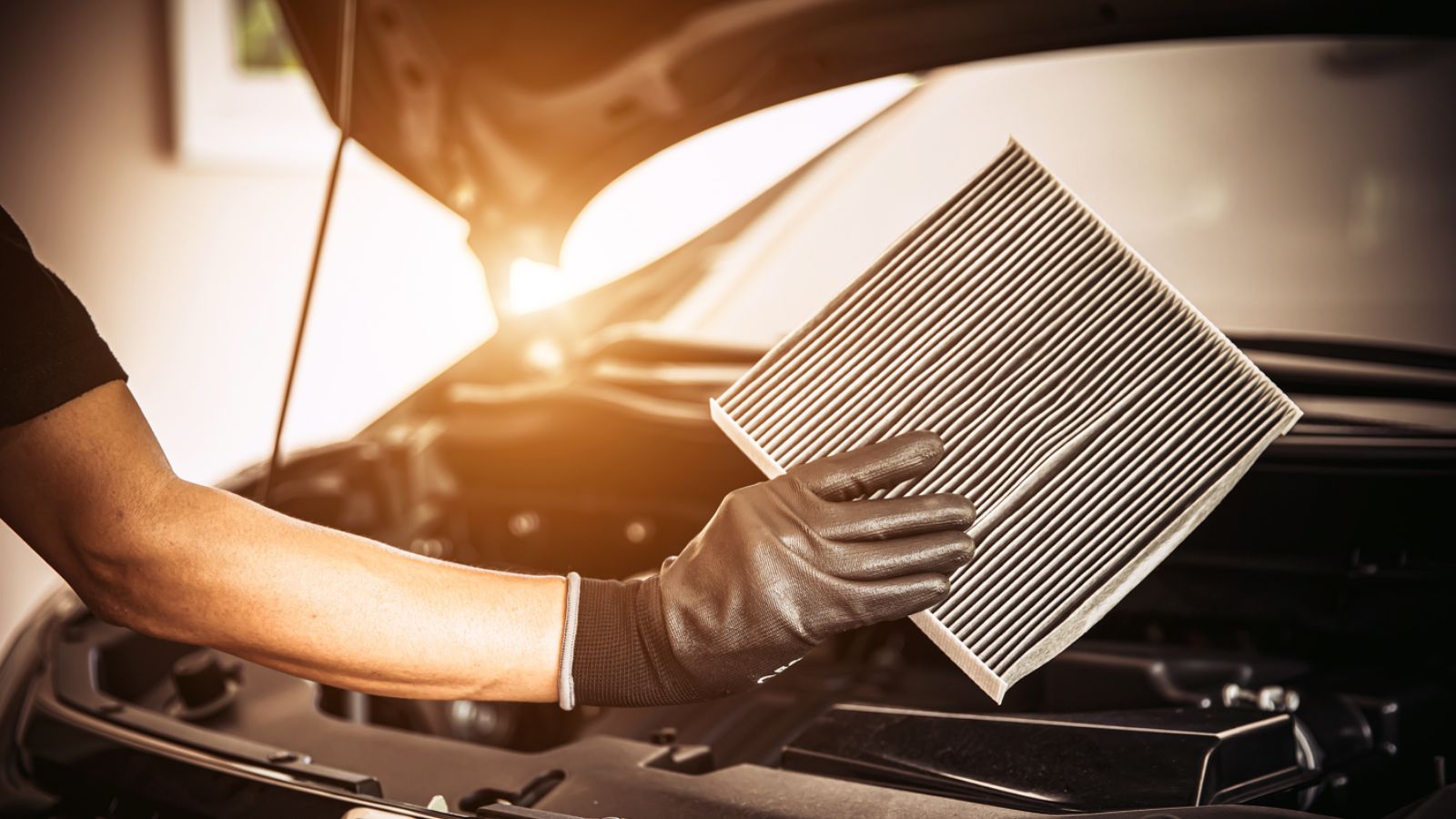
A clogged air filter restricts airflow to your engine, reducing fuel efficiency and performance. Replacing it is a quick and inexpensive fix, but neglecting it can lead to bigger problems. Check your air filter regularly and swap it out when it gets dirty.
Forgetting Alignment and Balancing
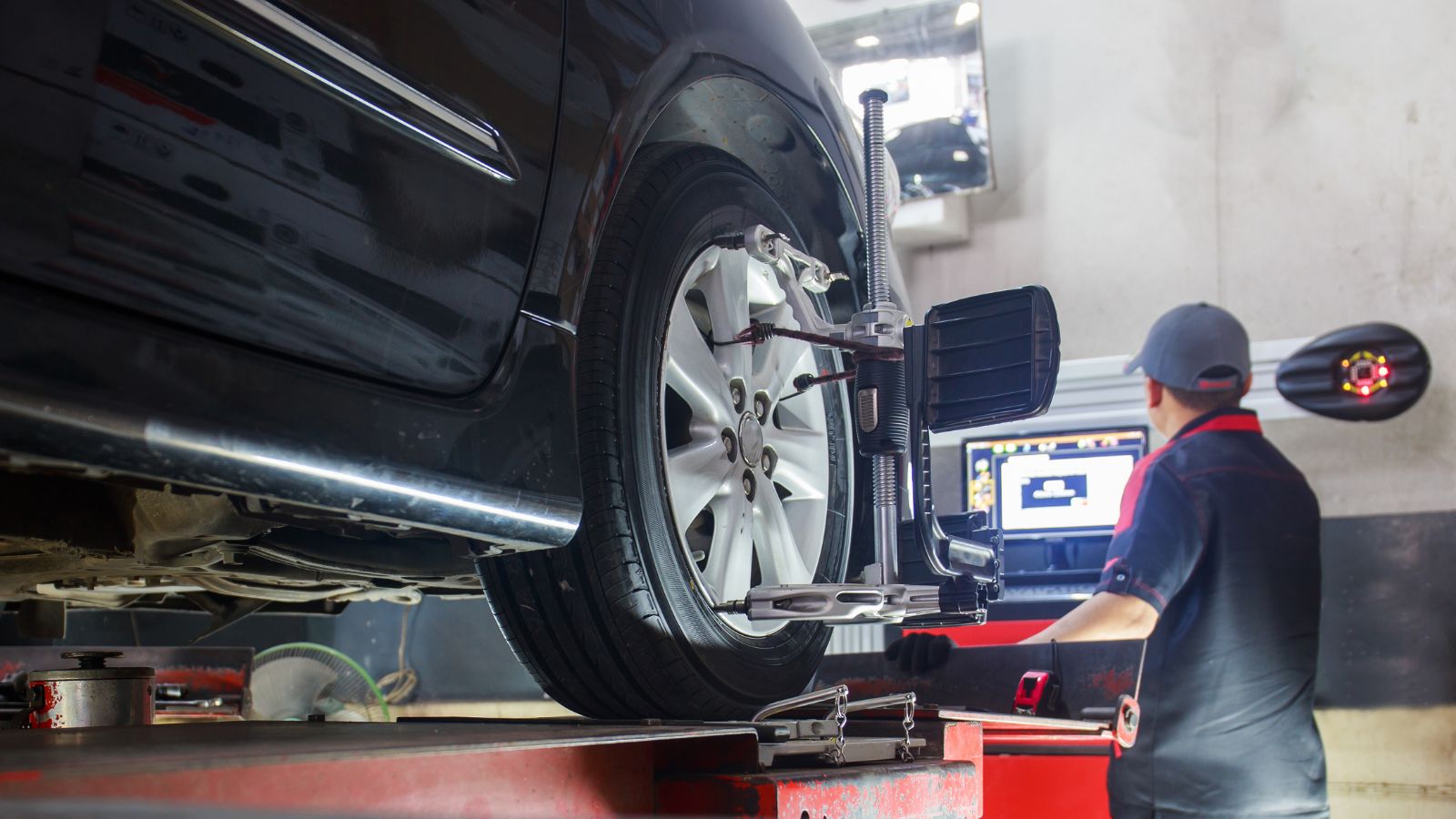
Driving with misaligned wheels or unbalanced tires can cause uneven tire wear and strain your suspension. If your car pulls to one side, or your steering wheel vibrates, it’s time to get an alignment or balancing. This simple fix saves money on tires and keeps your car running smoothly.
Using Cheap Replacement Parts
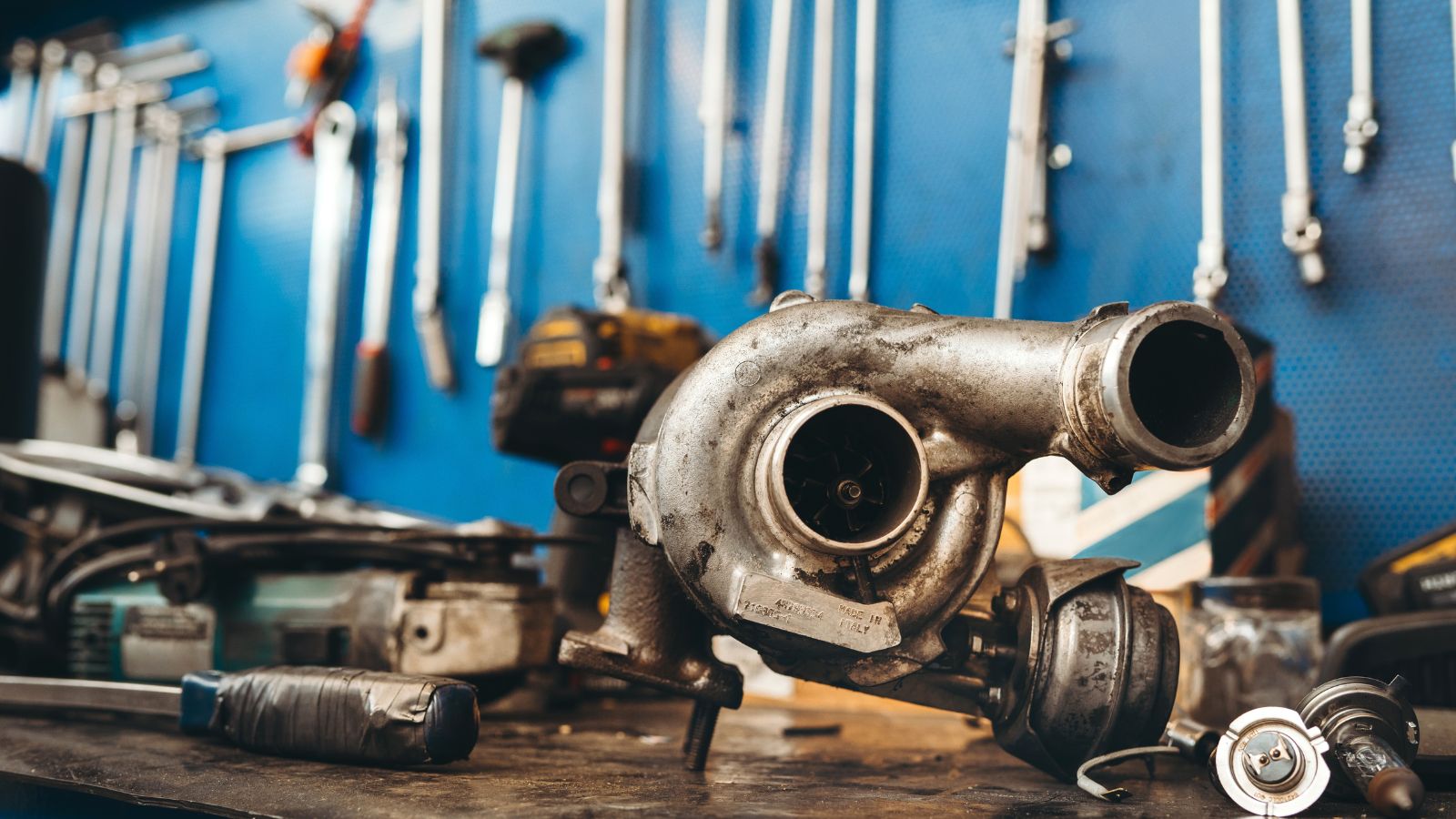
It’s tempting to save money by fitting inexpensive replacement parts, but quality matters. Cheaper parts often wear out faster, costing you more in the long run. Invest in high-quality components that meet your car’s specifications to ensure better performance and durability.
Neglecting Routine Maintenance
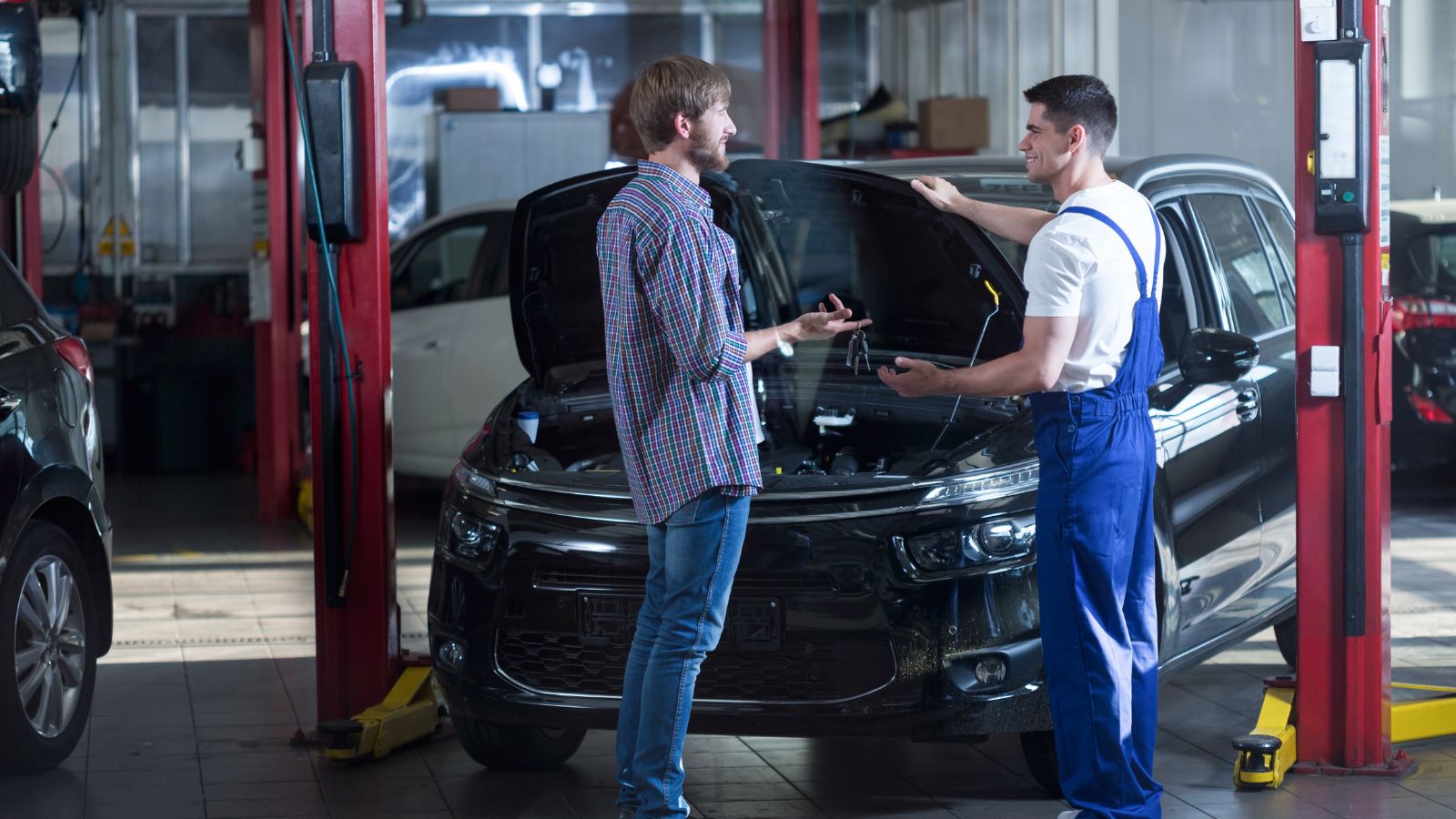
Ever feel like your car is pulling to one side or notice a vibration in the steering wheel? That’s your car telling you it needs an alignment or balancing. Misaligned wheels cause uneven tire wear, which means you’ll be replacing your tires more often than necessary.
Unbalanced tires, on the other hand, can strain your suspension and make for a rough ride. Regularly checking your alignment and balancing not only extends the life of your tires but also makes driving safer and smoother. It’s a quick fix that saves you from costly problems down the road, so don’t ignore the signs—get it checked out.
